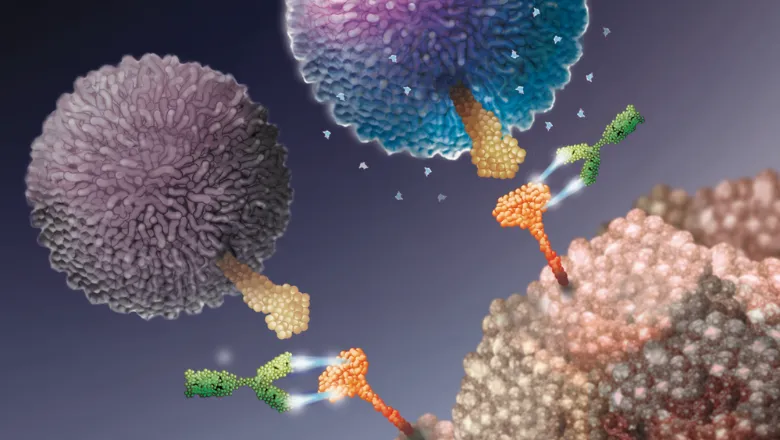
Biography
I am a postdoctoral research fellow in Professor Adrian Hayday’s laboratory. I work on a project investigating the role of gamma delta (γδ) T cells in cancer.
γδ T cells are a type of T cell that have a very broad spectrum of anti-cancer activity and in recent years, clinical trials have commenced using γδ T cells as adoptive cell therapy based on the concept that they generally recognise stress antigens and signs of pathology more than they recognise neo-antigens.
The ability of γδ T cells to detect and kill cancer cells is i) independent of tumour mutational burden, ii) independent of MHC class I mediated antigen presentation allowing for allogeneic ‘off-the-shelf’ therapies and iii) multi-partite in that they are able to get activated via both their T cell receptor and a number of NK receptors thus enhancing the breadth and amplitude of their activity.
A sub-type of human γδ T cells called the Vδ1 cells are especially capable of infiltrating and residing in epithelial tissues, which places them at the site where many human cancers originate. Indeed, the presence of γδ T cells (particularly the Vδ1 cells) in the tumour microenvironment has been associated with better prognosis and response to checkpoint inhibitor therapies.
My research project is focused primarily on the role of Vδ1 γδ T cells in cancer. In particular, the contributions that specific gamma delta ligand-receptor axes may make to attacking cancers and how gamma delta T cell recognition and effector function vis-à-vis cancer can be improved.
Research

Hayday Laboratory
We investigate how tissue integrity is maintained and restored by T lymphocytes resident within sites such as skin, gut, and reproductive tract.
News
Immune cell helps predict skin cancer patients chances of responding to treatment
A type of immune cell can help predict which patients may benefit most from cancer immunotherapies, researchers from King’s College London, Guy’s and St...

Research

Hayday Laboratory
We investigate how tissue integrity is maintained and restored by T lymphocytes resident within sites such as skin, gut, and reproductive tract.
News
Immune cell helps predict skin cancer patients chances of responding to treatment
A type of immune cell can help predict which patients may benefit most from cancer immunotherapies, researchers from King’s College London, Guy’s and St...

